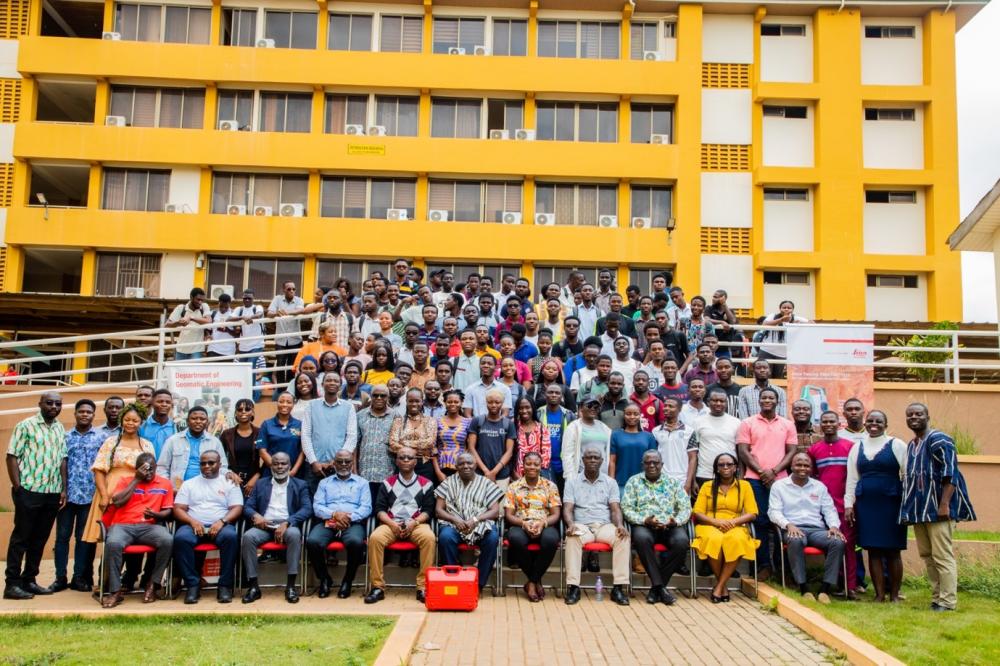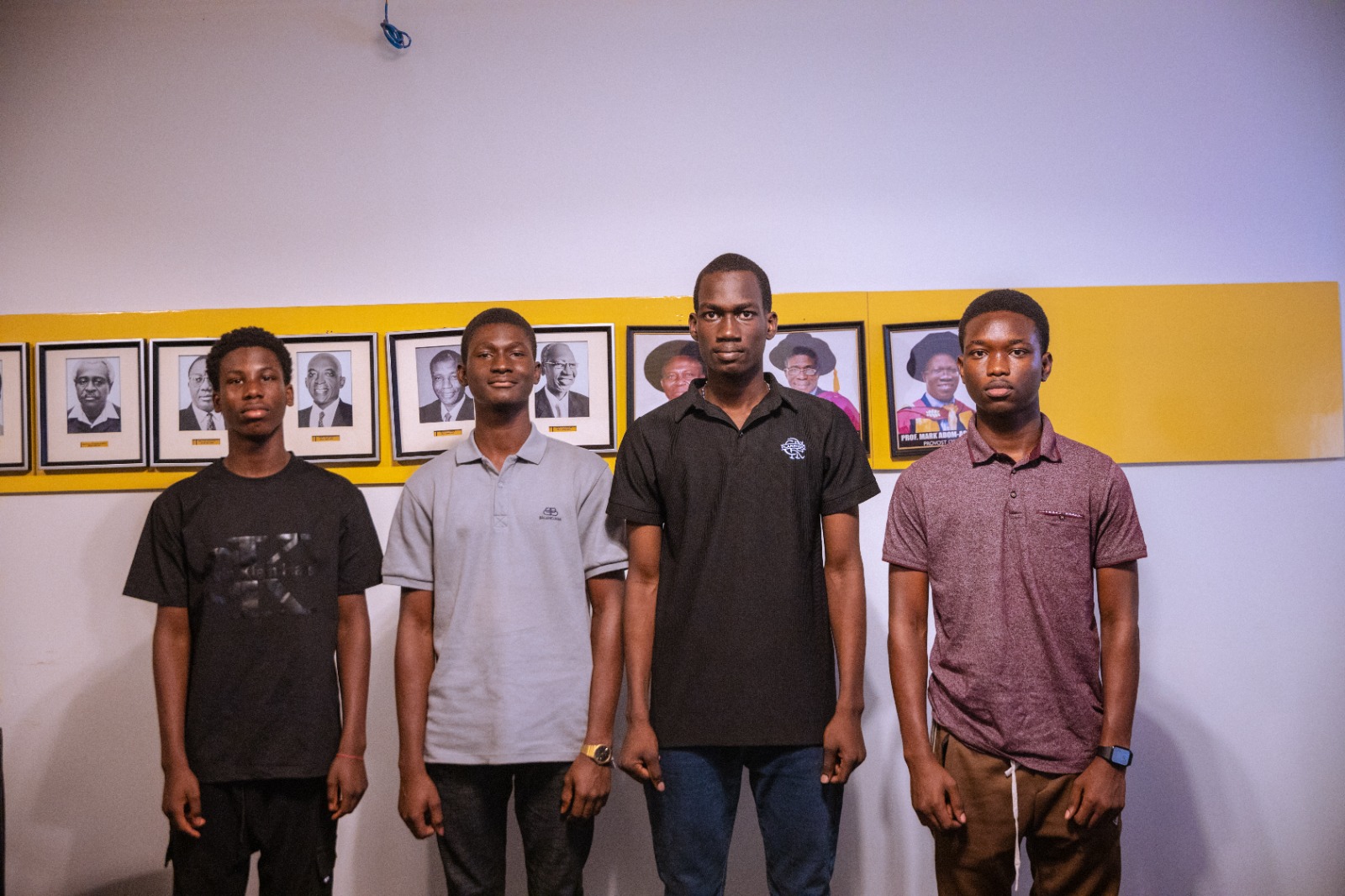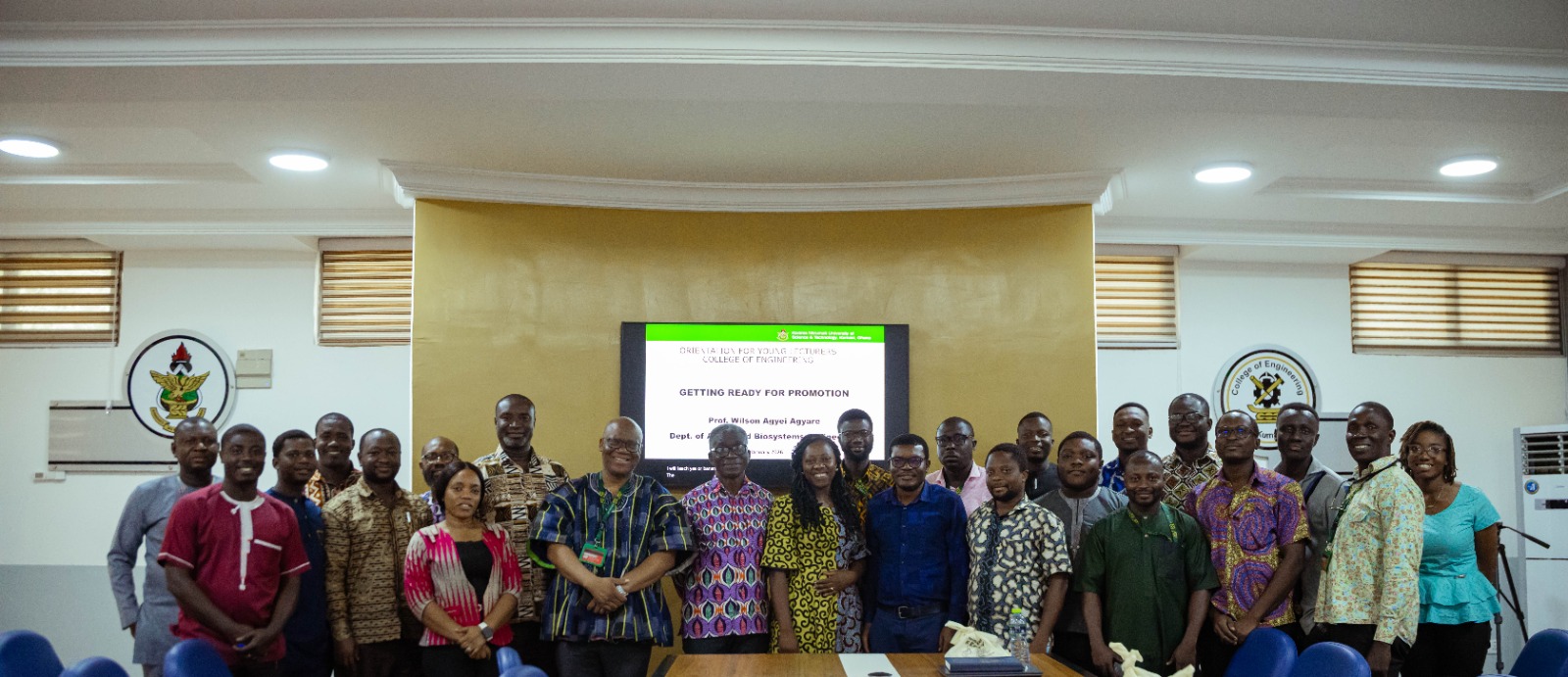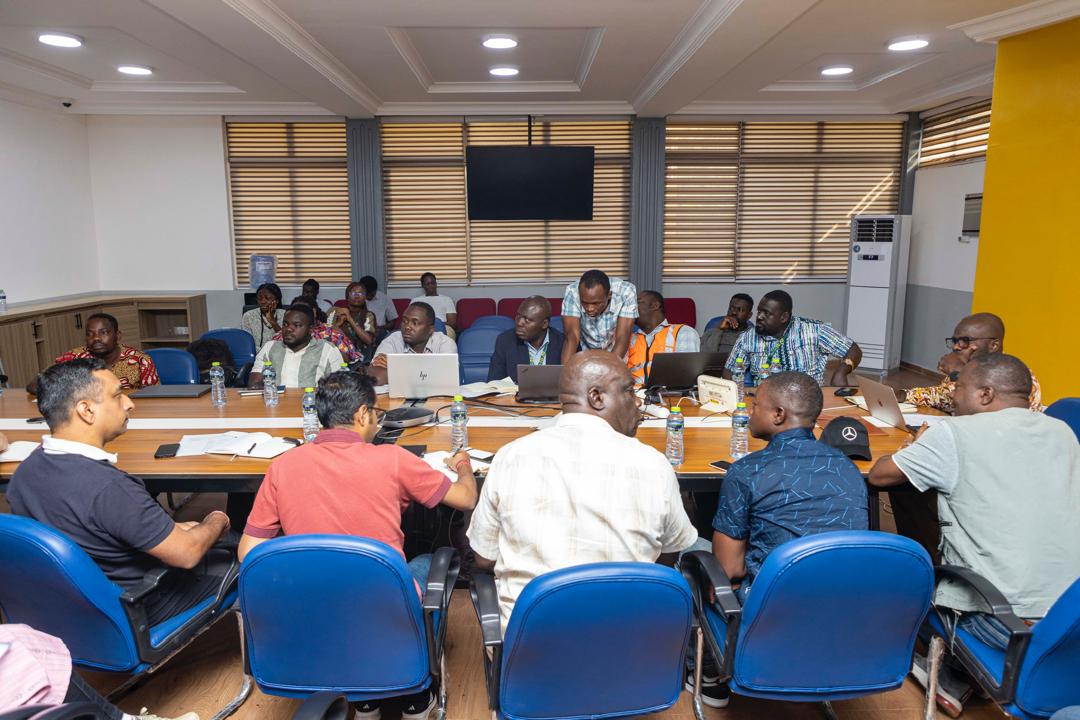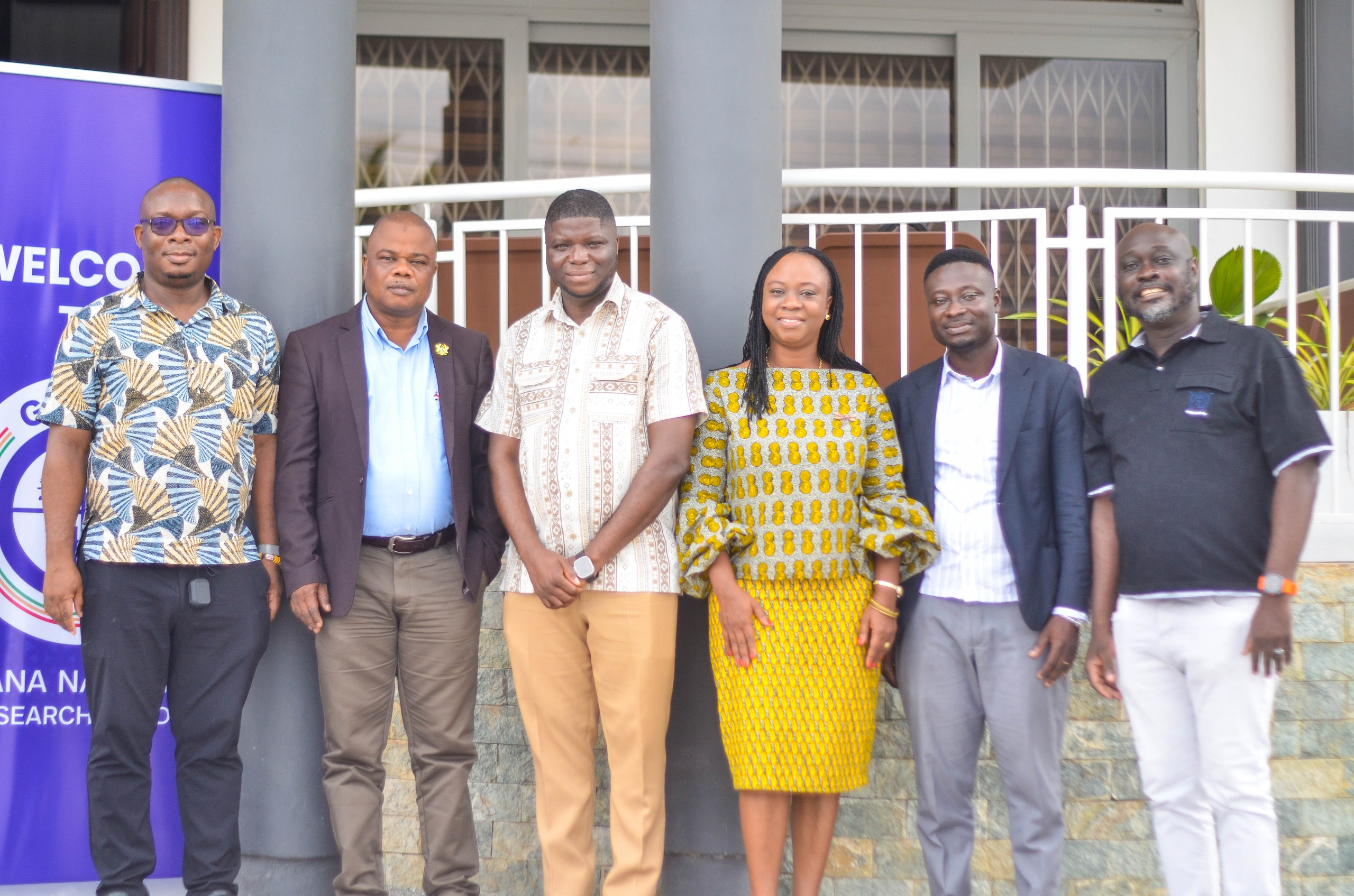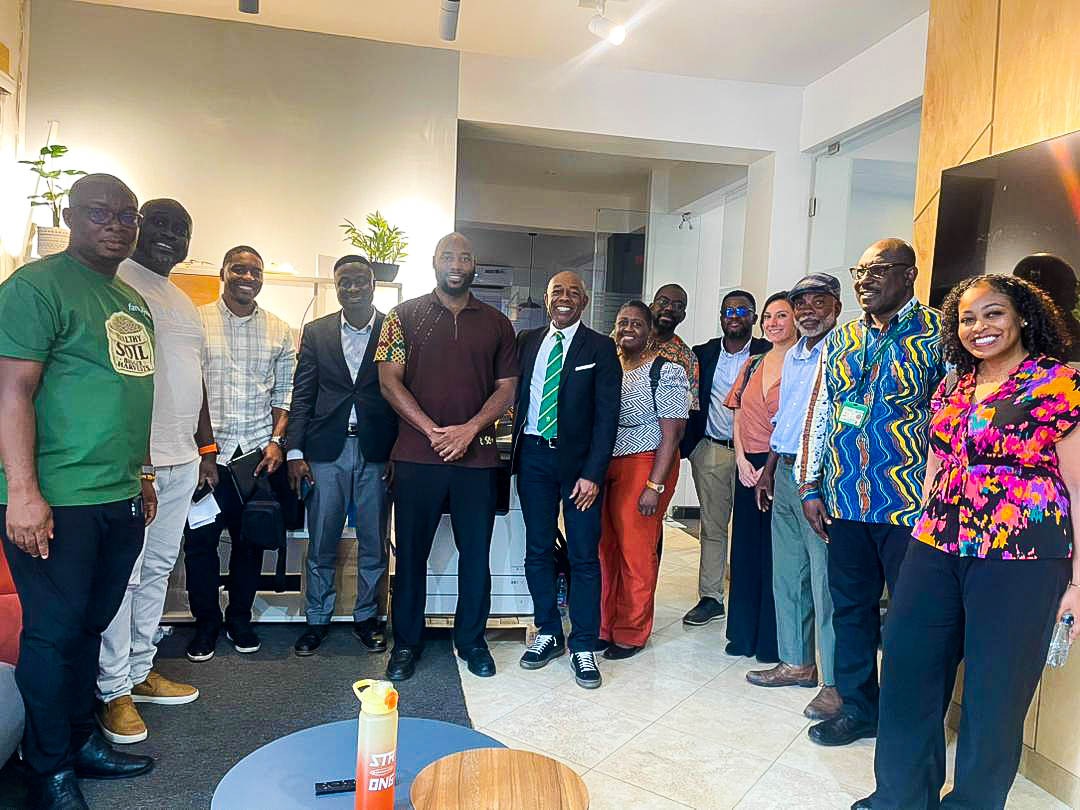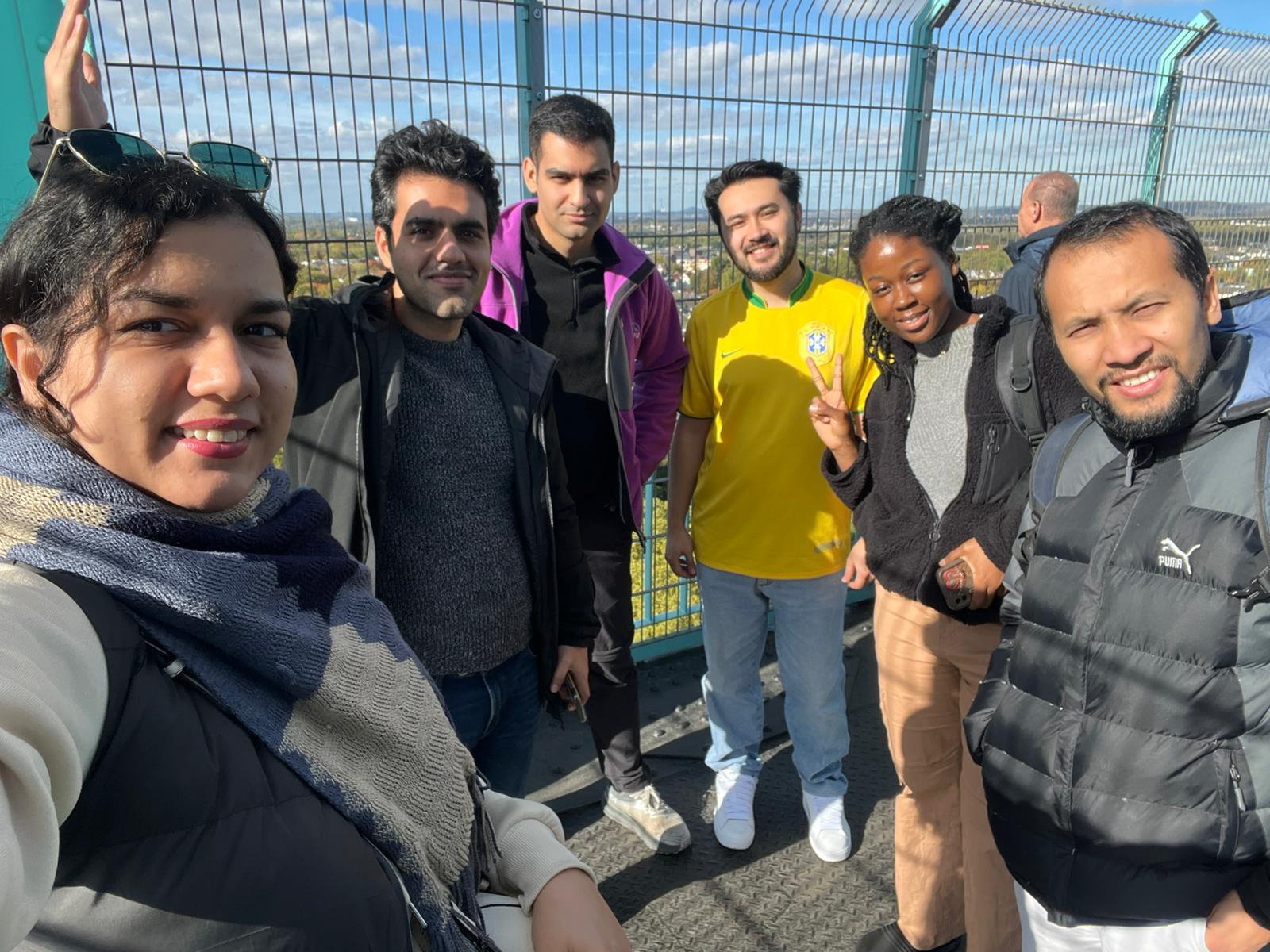The Department of Geomatic Engineering at KNUST launched the "Opening Ceremony of Survey Camp 2024" on September 2nd, 2024, at the New Engineering Block Auditorium, KNUST. The event gathered experts from industry, academia, and various organisations to impart valuable knowledge and experience to students, enhancing their practical understanding of Geomatic Engineering.

In his welcome address, Prof. Jonathan Quaye-Ballard, Head of the Department of Geomatic Engineering, emphasised the significance of the survey camp as a platform for students to apply theoretical knowledge in real-world scenarios. He noted, “This camp is an invaluable opportunity for students to bridge the gap between classroom learning and real-world application. Let us make a meaningful impact on the Ayigya community.” Prof. Quaye-Ballard also extended his gratitude to sponsors and partners for making the event possible and encouraged students to embrace the experience to gain insights that would shape their careers.

Prof. Samuel Andam-Akorful gave a presentation on the Geospatial Summer Camp 2024, highlighting the practical and hands-on nature of Geomatic Engineering. He reflected on the evolution of student projects from community-based mapping to the reinstated on-campus survey camps in 2021 and 2022. This year's camp, he noted, focuses on mapping the Ayigya township to update its attribute information, providing students with practical experience in community engagement and volunteerism. He also thanked Ing. Collins Fosu for supplying essential equipment for the camp.

Representing the Provost of the College of Engineering, Prof. Kwaku Amaning Adjei encouraged students to participate fully in the fieldwork. He underscored the importance of data analysis, correct use of instruments, and equipment care, urging students to treat the tools as their own and take the tasks seriously.
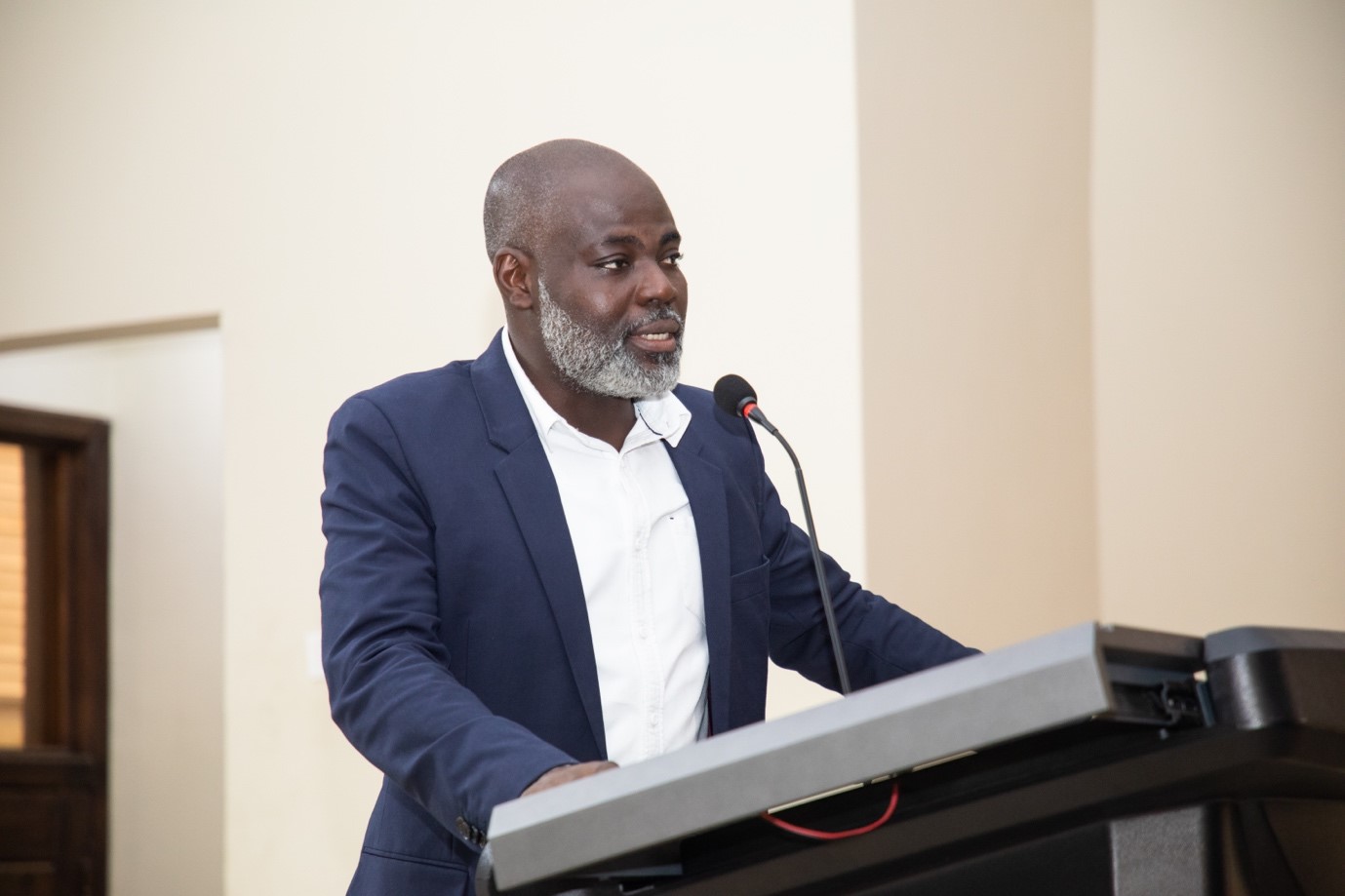
Mr. Prince Sasu Esq. expressed his appreciation to the department for the initiative, reminiscing about his group’s prior work on base maps for communities such as Shiashi. He emphasised the camp’s importance in allowing students to apply classroom knowledge, engage with the public, and articulate the significance of the mapping exercise to the community. He also advised students to stay focused, avoid distractions, and contribute meaningfully to the Ayigya mapping project.

Speaking on behalf of the Oforikrom Municipal Chief Executive (MCE), Mr Akwasi Agyemang, Head of the Department of Physical Planning at the Oforikrom Municipal Assembly, highlighted the challenges faced by the municipality, especially boundary disputes in Ayigya due to the absence of base maps. He appreciated the collaboration with Ayigya's traditional leadership and noted that gathering attribute data would enrich the municipality’s land-use information. Mr. Agyemang assured students of the Assembly’s support and pledged to join them on the field.

Representing the Ayigya community, Nana Prof. Edward Badu from the Hia Topre Stool expressed his delight that Ayigya was chosen for the mapping project. He encouraged the students to take the program seriously, emphasising the saying “practice makes perfect,” and noted that the project’s outcomes would benefit the Tobre Stool.

Surv. Isaac Larbie, Regional Surveyor at the Lands Commission, stressed the camp’s importance for the future of land development and urged students to become proficient with the equipment. He reminded them of maps' critical role in land management, adding that many development issues stem from the lack of proper base maps.

Representatives from Quest Consolidated Ltd. donated to the Department, providing essential equipment to support the students during the survey camp. A member of the previous cohort reflected on her experience, praising the improvements made this year, including the shift from campus-based projects to community-engaged fieldwork. She emphasised the value of teamwork and encouraged the students to embrace the opportunity entirely.

Prof. Collins Fosu reiterated the importance of combining field experience with office work, highlighting that authentic learning comes from applying theory in practice. He thanked all involved for their collaboration and expressed optimism that this initiative would extend to other communities.


